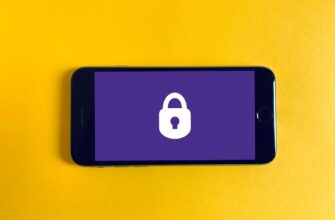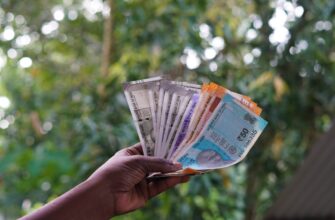With Colombia emerging as a hotspot for cryptocurrency adoption in Latin America, choosing the right Bitcoin wallet is crucial for security and convenience. Whether you’re in Bogotá, Medellín, or anywhere else in the country, this guide covers the top wallets tailored for Colombian users—balancing local accessibility, low fees, and ironclad protection for your digital assets.
- Why Your Choice of Bitcoin Wallet Matters in Colombia
- Top 5 Bitcoin Wallets for Colombian Users
- 1. Binance
- 2. Buda.com
- 3. Ledger Nano X (Hardware Wallet)
- 4. Trust Wallet
- 5. Coinbase Wallet
- Key Selection Criteria for Colombian Users
- Frequently Asked Questions (FAQ)
- Is Bitcoin legal in Colombia?
- Can I buy Bitcoin directly with Colombian Pesos?
- What’s safer: hot or cold wallets?
- Are crypto profits taxable in Colombia?
- Can I use international wallets like Blockchain.com?
Why Your Choice of Bitcoin Wallet Matters in Colombia
Colombia’s crypto market is booming, but regulatory nuances and security risks demand vigilance. A Colombia-optimized wallet should offer:
- COP (Colombian Peso) integration for easy deposits/withdrawals
- Low transaction fees for remittances and daily use
- Strong security protocols against hacking
- Spanish-language support and local customer service
Top 5 Bitcoin Wallets for Colombian Users
1. Binance
Ideal for beginners and traders, Binance dominates with COP deposits via PSE and Bancolombia transfers.
- Pros: Near-zero trading fees, staking rewards, built-in exchange
- Cons: KYC verification required
- Best for: Active traders and COP conversions
2. Buda.com
A Latin American pioneer with deep roots in Colombia. Supports instant COP withdrawals to major banks.
- Pros: Local regulatory compliance, intuitive Spanish interface
- Cons: Higher spreads than global exchanges
- Best for: Regular fiat-to-crypto transactions
3. Ledger Nano X (Hardware Wallet)
The gold standard for cold storage. Keeps keys offline—immune to online threats.
- Pros: Military-grade encryption, supports 1,800+ coins
- Cons: Upfront cost (~$149 USD)
- Best for: Long-term holders securing large amounts
4. Trust Wallet
Binance-owned mobile wallet with decentralized access. No KYC needed.
- Pros: Built-in DEX, multi-chain support, free to use
- Cons: Limited COP on-ramps
- Best for: DeFi users and privacy-focused individuals
5. Coinbase Wallet
User-friendly interface with seamless dApp connectivity. Allows COP purchases via linked cards.
- Pros: NFT support, educational resources
- Cons: Higher gas fees during network congestion
- Best for: New investors exploring Web3
Key Selection Criteria for Colombian Users
Prioritize these factors when choosing:
- Security: Opt for wallets with 2FA, biometric locks, and open-source code audits.
- Fees: Compare withdrawal costs to Colombian banks—some charge up to 2% per transaction.
- Local Integration: Confirm COP support through partners like Davivienda or Bancolombia.
- Recovery Options: Ensure seed phrase backups to prevent permanent loss.
Frequently Asked Questions (FAQ)
Is Bitcoin legal in Colombia?
Yes. Colombia regulates crypto through the Financial Superintendence (SFC). Exchanges must comply with AML laws, but personal ownership is legal.
Can I buy Bitcoin directly with Colombian Pesos?
Absolutely. Platforms like Binance, Buda, and Bitso allow COP deposits via bank transfer, PSE, or credit card.
What’s safer: hot or cold wallets?
Cold wallets (e.g., Ledger) are safest for storing large amounts long-term. Hot wallets (mobile/app) suit smaller, frequent transactions.
Are crypto profits taxable in Colombia?
Yes. Gains exceeding ~$150 million COP annually are subject to income tax (10-35%). Always declare earnings to DIAN.
Can I use international wallets like Blockchain.com?
Yes, but ensure they support COP withdrawals. Many lack direct Colombian bank links, forcing costly conversions.
Final Tip: Start with a regulated exchange like Binance for COP transactions, then transfer to a hardware wallet for savings. Always enable all security features—your crypto’s safety depends on it.








